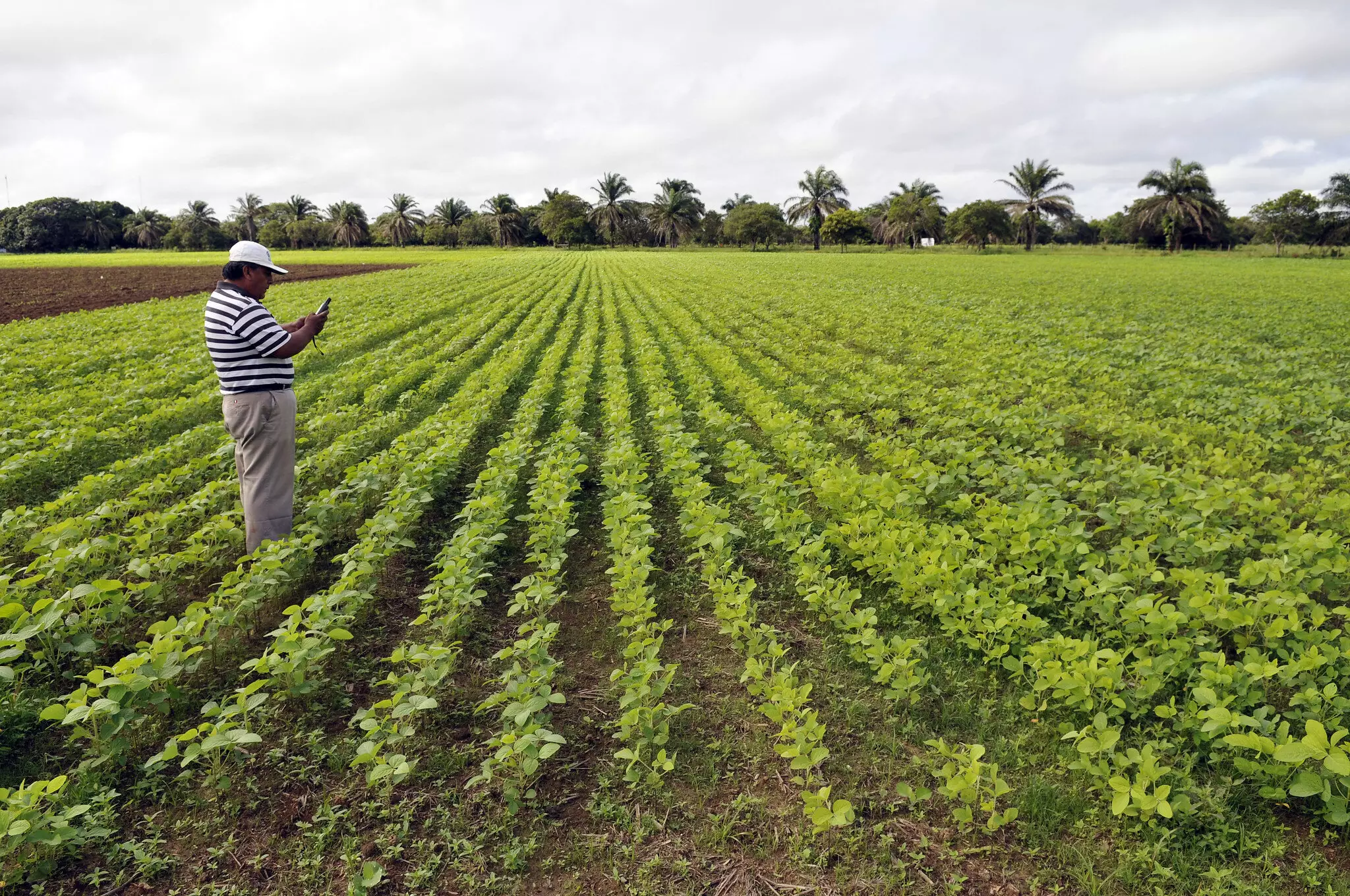Foreign direct investments (FDI) have long been heralded as a vehicle for economic growth, especially in developing regions rich in natural resources. Yet, the true costs of such investments often come to light only after extensive ecological damage has been inflicted. This is particularly evident in tropical countries, where resource extraction activities, like mining and logging, have led to widespread deforestation and biodiversity loss. Now, as the world pivots towards “green” investments, a pressing question arises: are FDIs in food systems another form of extractive exploitation?
The agriculture sector, in particular, stands out as a principal driver of deforestation, especially in areas with rich biodiversity. Through new regulations, particularly in Europe, there is an emerging recognition of the need to address the links between food supply chains and deforestation. However, the current measures fall short in tackling the comprehensive role of FDIs that significantly contribute to environmental degradation.
Research Insights: A New Perspective on Deforestation
Emerging research provides a deeper analysis of the phenomena, scrutinizing deforestation trends through a holistic food systems lens. In a comprehensive study involving 40 countries, researchers have identified that FDI and urbanization are primary catalysts for tree cover loss, outpacing traditional economic indicators such as GDP growth and population density.
Lead researcher Janelle Sylvester emphasizes that merely focusing on export figures fails to encapsulate the broader domestic consumption patterns resulting from FDI. Urbanization and foreign investments are twitching the very fabric of local diets, leading to heightened deforestation rates in the quest for agricultural expansion. This shift towards a “supermarket” model of food consumption, particularly prevalent in urban areas, is not just reshaping eating habits but also wreaking havoc on natural habitats.
The Role of Machine Learning in Research
This groundbreaking study utilized advanced machine learning techniques, specifically the eXtreme Gradient Boosting algorithm (XGBoost), to parse various drivers of deforestation. By analyzing tree cover loss from 2004 to 2021, the research offers new insights that challenge both policymakers and investors to rethink the unacknowledged consequences of their actions.
Machine learning not only enhances our understanding of regional deforestation drivers but also stitches together complex systems, linking food production to environmental outcomes in unprecedented ways. By capturing a holistic view of the food system—ranging from production terrains to consumer tables—the research underscores the multifaceted nature of ecological degradation.
The Impact of Dietary Shifts on Deforestation
One of the most alarming revelations from the study is how dietary shifts towards processed foods have intertwined with FDI-driven agricultural practices. Increasing demand for commodities like palm oil, sugarcane, and soy—often cultivated on previously forested land—has facilitated deforestation at a global scale. The consequence? An ecological imbalance that not only threatens climate stability but also leads to concerning public health ramifications such as rising obesity and diabetes incidences in consuming nations.
Augusto Castro, a co-author, rightly notes that this research marks a pivotal moment for understanding the intertwined nature of food consumption patterns and deforestation. It demands a complete reconsideration of how we approach sustainable development.
Recommendations for Sustainable Practices
As the evidence mounts regarding the detrimental effects of FDI on tropical forests, the question of best practices becomes more urgent. Policymakers must start factoring in environmental sustainability as a key criterion while evaluating FDI projects. The introduction of incentives aligned with sustainability goals—be it through tax breaks or subsidies—offers a pathway towards creating a more conscientious investment landscape.
The regulatory frameworks, such as the European Union’s Deforestation-Free Products Regulation, must extend their reach to foreign investments in domestic markets as well. This could serve as a transformative shift aimed at reducing the ecological footprint of food systems, promoting responsible sourcing, and raising public consciousness about the health and sustainability dimensions of food.
Urbanization and Its Consequences
The specter of urbanization looms large over rural farm landscapes, disconnecting consumers from the production practices that fuel their diets. As cities grow, a disturbing trend emerges: a lack of awareness regarding where food comes from and the environmental sacrifices made in its pursuit. Sylvester starkly points out that this disconnection is not confined to developed nations but is increasingly becoming a reality in low and middle-income countries.
This evolving landscape of food consumption, where convenience often trumps sustainability, exacerbates the pressure on land resources and further inflates land prices. The interlinked nature of FDI and agricultural investment presents a multifaceted challenge—an investment in food production is seldom just about agriculture; it also encompasses real estate implications that must not be ignored.
As global and local trends ignite discussions around responsible consumption and investment, it’s clear that without a fundamental reorientation of how food systems operate, both people and the planet will continue to pay the price.


Leave a Reply